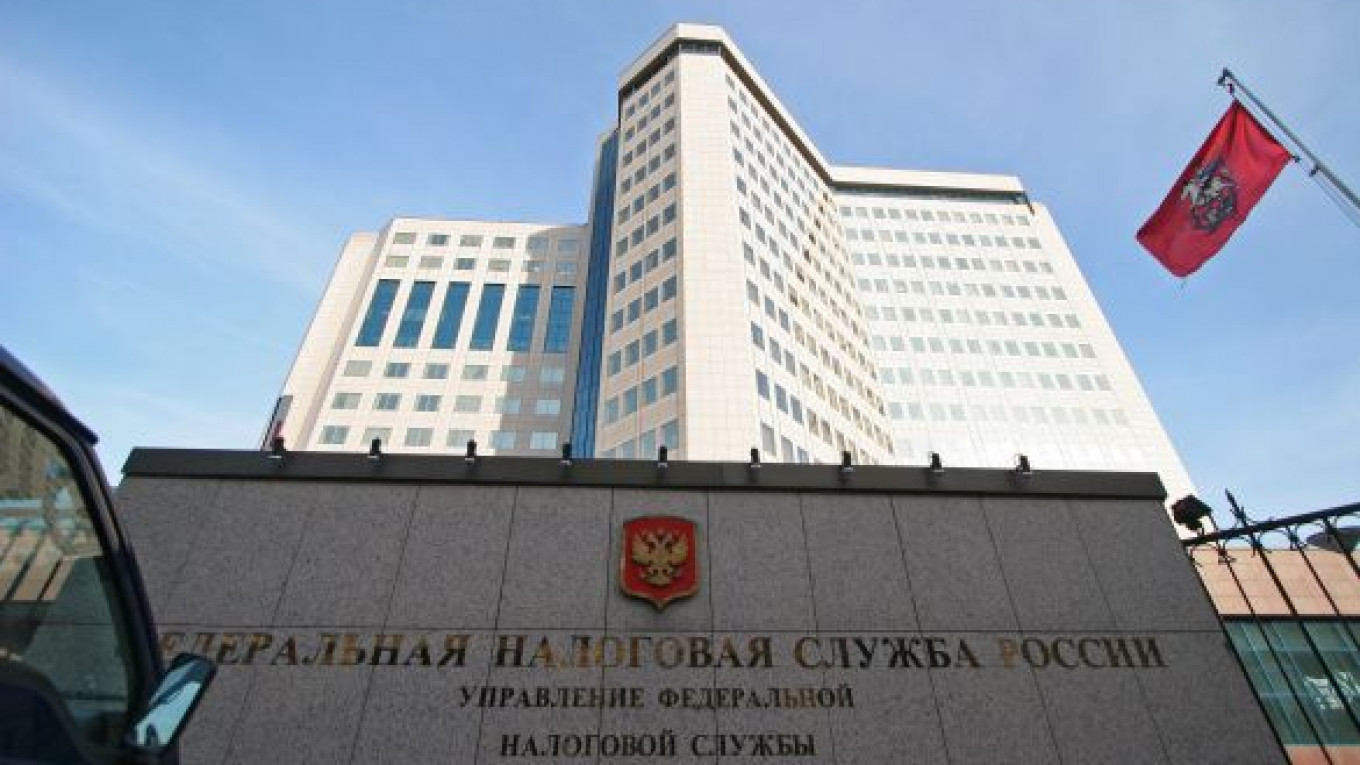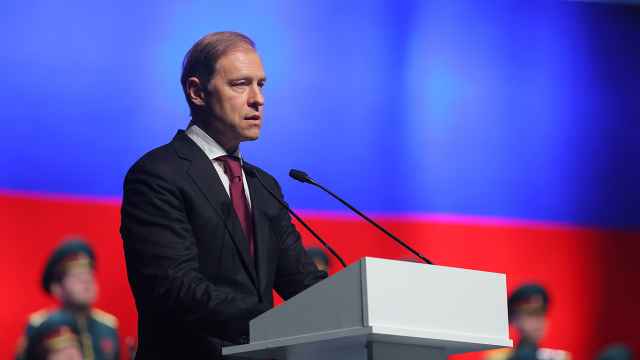Banks will be required to disclose information on private accounts at the request of tax authorities — and depositors would never know about it, according to a proposal by the Economic Development Ministry.
Current tax legislation only requires banks to disclose information on corporate accounts and the accounts of entrepreneurs, but it doesn't mention retail customers. Information on their bank accounts is protected by the law on bank secrecy.
The ministry's initiative, which is apparently aimed at increasing the transparency of the country's financial market, got a cautious reception Monday among banks, with one saying it might dent the trust of clients.
"Clients will undoubtedly have concerns, primarily related to keeping information on their finances private," said Master-Bank, the country's 66th-largest bank in terms of assets, according to the Banki.ru website.
"Similar practices exist in other countries, but it's strictly regulated there," the bank said in e-mailed comments, adding that the bill should be carefully considered and discussed with all market players.
According to the 59-page draft amendments to the Tax and Criminal Codes, a copy of which was posted on the ministry's website on Friday, the Federal Tax Service will have the right to request information if a bank's customer faces a tax inquiry or if a court has ruled that the person owes taxes. The tax authorities must prove that they have a strong reason for their request.
Banks would have three days after getting an official request from the tax authorities to provide the information, the document said. The banks would be forbidden from making information on tax authorities' requests public.
The bill is unlikely to affect ordinary people significantly unless unscrupulous officials take advantage of the changes, said Andrei Shpak, head of tax practice at Goltsblat BLP.
"Everything will depend on the implementation and how frequent and accurate the requests are" from the tax authorities, he said by telephone.
VTB-24, Alfa Bank and Raiffeisenbank declined to comment on the initiative. Sberbank didn't respond to an e-mailed request.
The government is scheduled to consider the bill by Aug. 30, Rossiiskaya Gazeta reported Saturday.
It would then need to be submitted to the State Duma, which would have to approve it in three readings before sending it to the Federation Council and then President Vladimir Putin to sign into law.
The bill also stipulates that financial institutions must cooperate with foreign tax agencies to provide information at their request, but Shpak said this measure is a formality because the requirement has already been fulfilled to comply with international treaties.
The Economic Development Ministry also has proposed qualifying tax evasion by individuals and organizations as money laundering — a crime that carries a harsher prison term. In an effort to track money laundering, banks would be given the right to cancel suspicious transactions.
Master-Bank said the initiative could result in an increased workload for banks. "The number of personnel will grow and their responsibilities will increase, resulting in higher costs for customer service," it said.
Related articles:
A Message from The Moscow Times:
Dear readers,
We are facing unprecedented challenges. Russia's Prosecutor General's Office has designated The Moscow Times as an "undesirable" organization, criminalizing our work and putting our staff at risk of prosecution. This follows our earlier unjust labeling as a "foreign agent."
These actions are direct attempts to silence independent journalism in Russia. The authorities claim our work "discredits the decisions of the Russian leadership." We see things differently: we strive to provide accurate, unbiased reporting on Russia.
We, the journalists of The Moscow Times, refuse to be silenced. But to continue our work, we need your help.
Your support, no matter how small, makes a world of difference. If you can, please support us monthly starting from just $2. It's quick to set up, and every contribution makes a significant impact.
By supporting The Moscow Times, you're defending open, independent journalism in the face of repression. Thank you for standing with us.
Remind me later.






